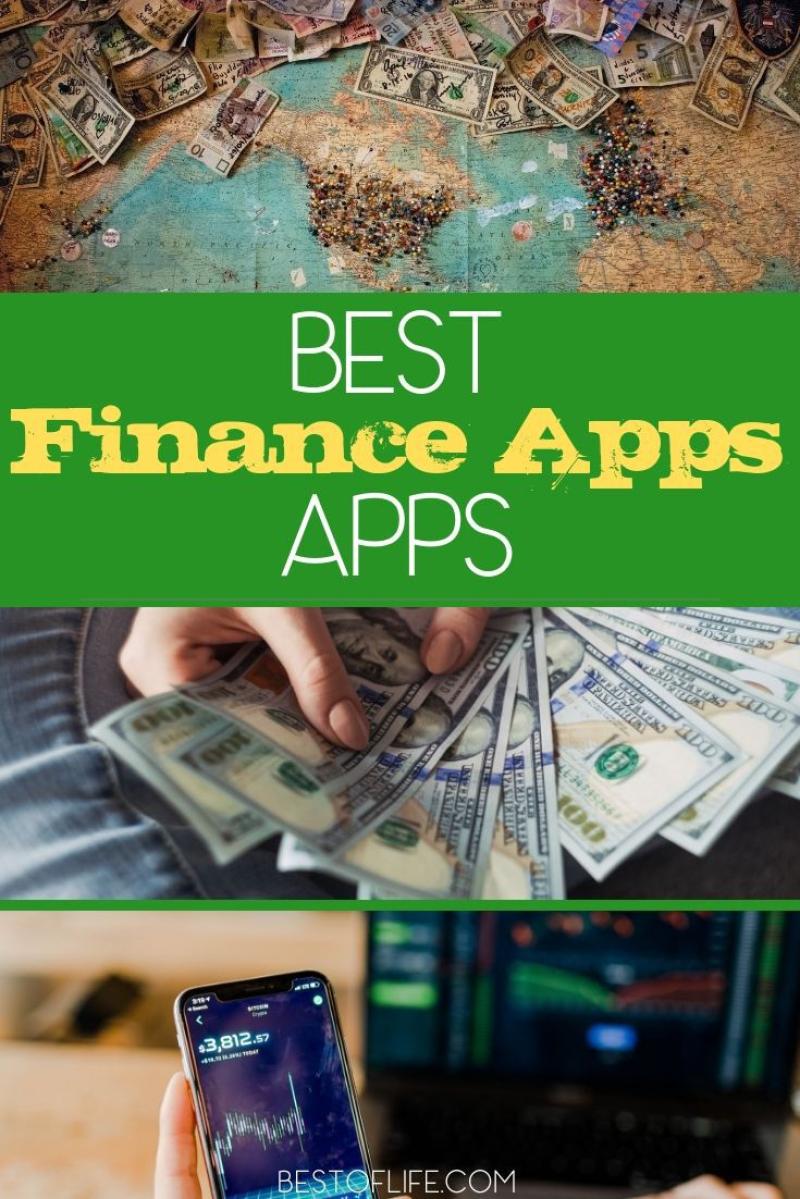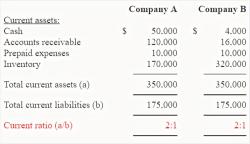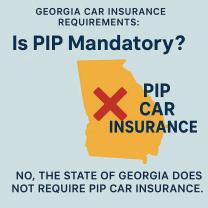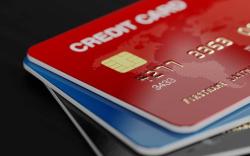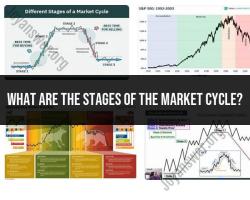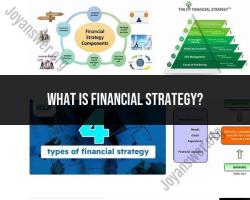What is the best finance app?
Determining the "best" finance app can depend on individual preferences, needs, and the specific features that align with your financial goals. However, several finance apps have gained popularity for their comprehensive features, user-friendly interfaces, and overall effectiveness. Here are some highly regarded finance apps across different categories:
Mint: Known for its budgeting tools, expense tracking, bill payment reminders, and credit score monitoring. It aggregates all your financial accounts in one place.
YNAB (You Need A Budget): Focuses on budgeting and proactive financial planning. It emphasizes assigning every dollar a job and helps users track spending and savings goals.
Personal Capital: Offers comprehensive wealth management tools, including budgeting, investment tracking, retirement planning, and a fee analyzer for investments.
PocketGuard: Simplifies budgeting by categorizing expenses, tracking bills, and helping users plan for future expenses and savings goals.
Acorns: Known for its round-up feature, where it rounds up purchases to the nearest dollar and invests the spare change into a diversified portfolio.
Robinhood: A popular investing app offering commission-free trading of stocks, ETFs, options, and cryptocurrencies.
Venmo: Primarily used for peer-to-peer payments, splitting bills, and transferring money between friends and family members.
Zillow: Though primarily a real estate app, it's beneficial for homeowners and those interested in real estate to track property values and mortgage rates.
When choosing a finance app, consider factors like budgeting needs, investment tracking, retirement planning, user interface, security features, and compatibility with your financial institutions. Reading reviews, trying out free versions or trial periods, and assessing if the app aligns with your financial goals can help you determine the best fit for you.
Several finance apps excel in different areas, so choosing the best one depends on your specific needs. Here are some popular and highly rated finance apps:
Mint: Mint is a comprehensive budgeting and expense tracking app that helps you manage your finances effectively. It automatically categorizes your transactions, creates spending budgets, and provides insights into your spending habits.
Personal Capital: Personal Capital offers a holistic view of your finances, including your investments, retirement savings, and net worth. It provides personalized financial advice and helps you make informed investment decisions.
YNAB (You Need a Budget): YNAB focuses on the behavioral aspect of budgeting, teaching you to manage your money consciously. It uses a zero-sum budgeting approach to ensure your spending aligns with your income.
Goodbudget: Goodbudget is a simple and user-friendly budgeting app that uses the envelope budgeting method. It's ideal for those who prefer a more hands-on approach to managing their finances.
EveryDollar: EveryDollar is another envelope budgeting app that's known for its clean interface and easy-to-use features. It helps you allocate your income towards specific expenses and track your progress.
These are just a few examples, and there are many other great finance apps available. The best way to choose the right one for you is to consider your specific needs and try out a few different apps to see which one you like best.
Here are some additional factors to consider when choosing a finance app:
Features: What features are most important to you? Do you need a comprehensive budgeting tool, investment tracking, or a simple way to track your spending?
Ease of use: How easy is the app to use? Are you comfortable with the app's interface and navigation?
Security: How does the app protect your data? Does it use strong encryption and follow industry-standard security practices?
Cost: Is the app free, or does it require a subscription fee? Consider the features and benefits you get for the price.
